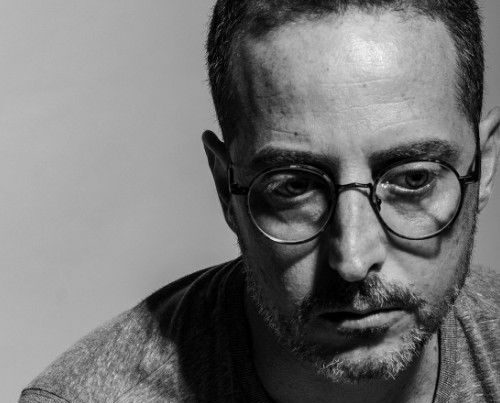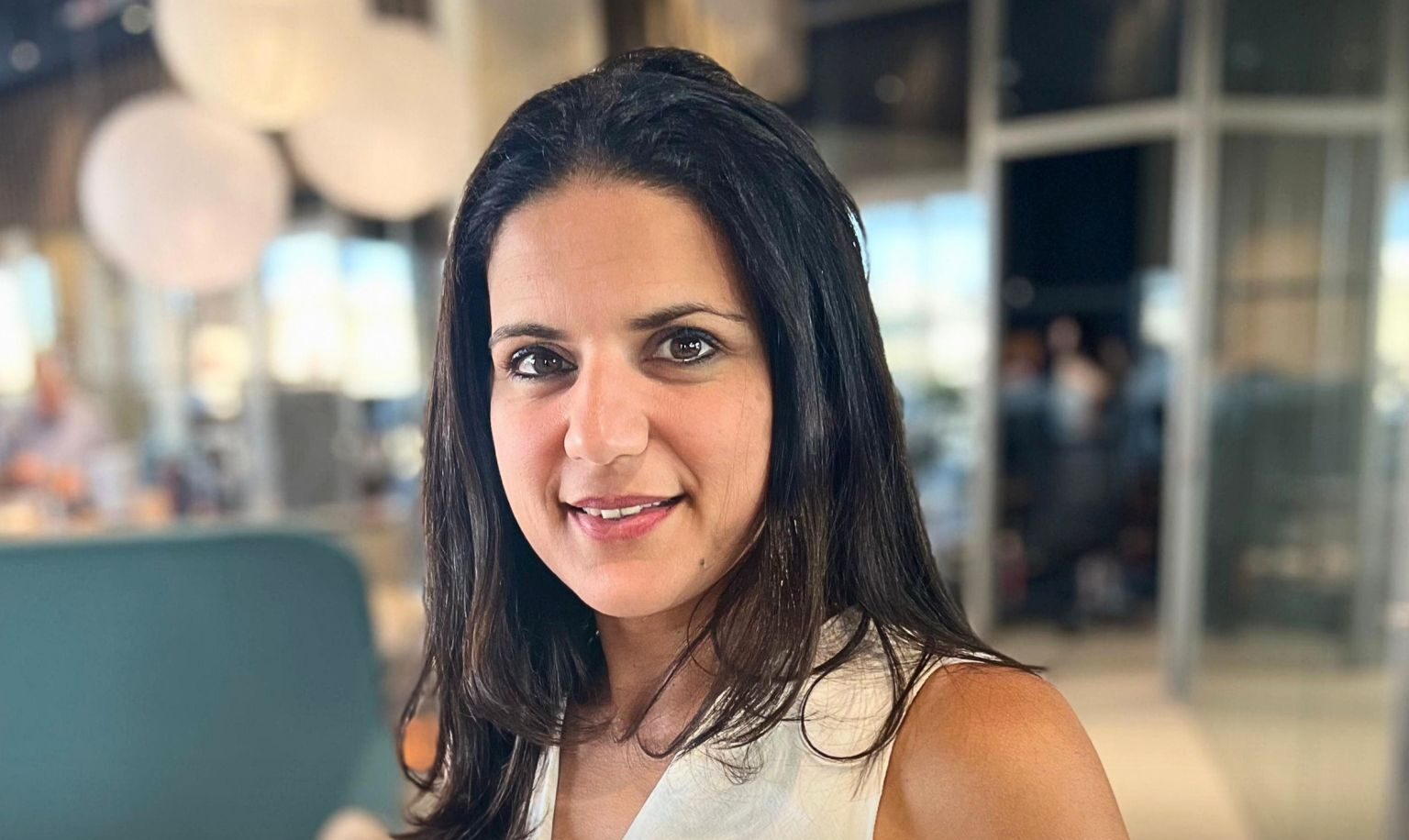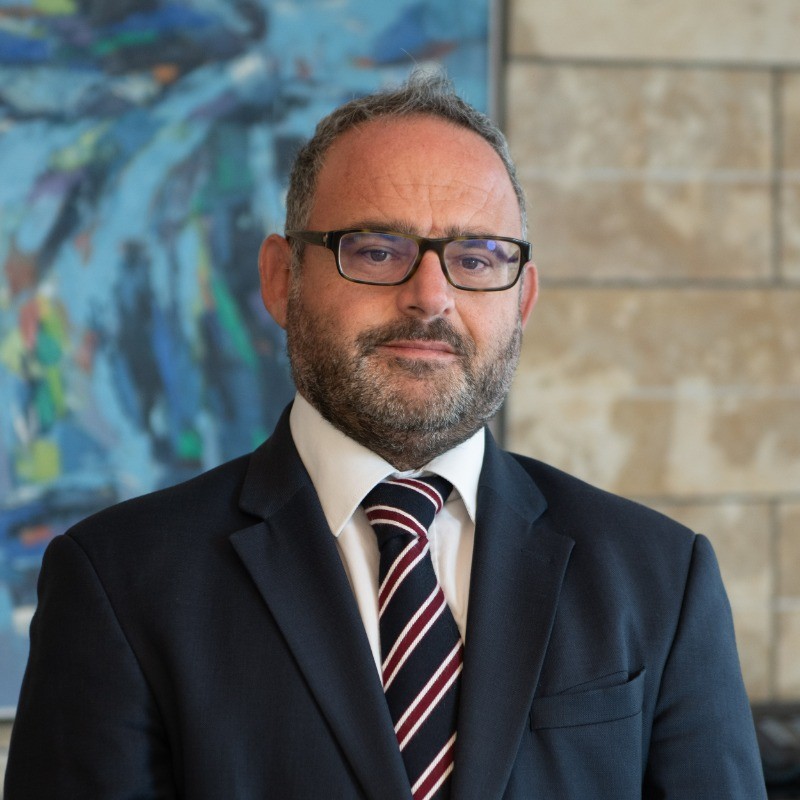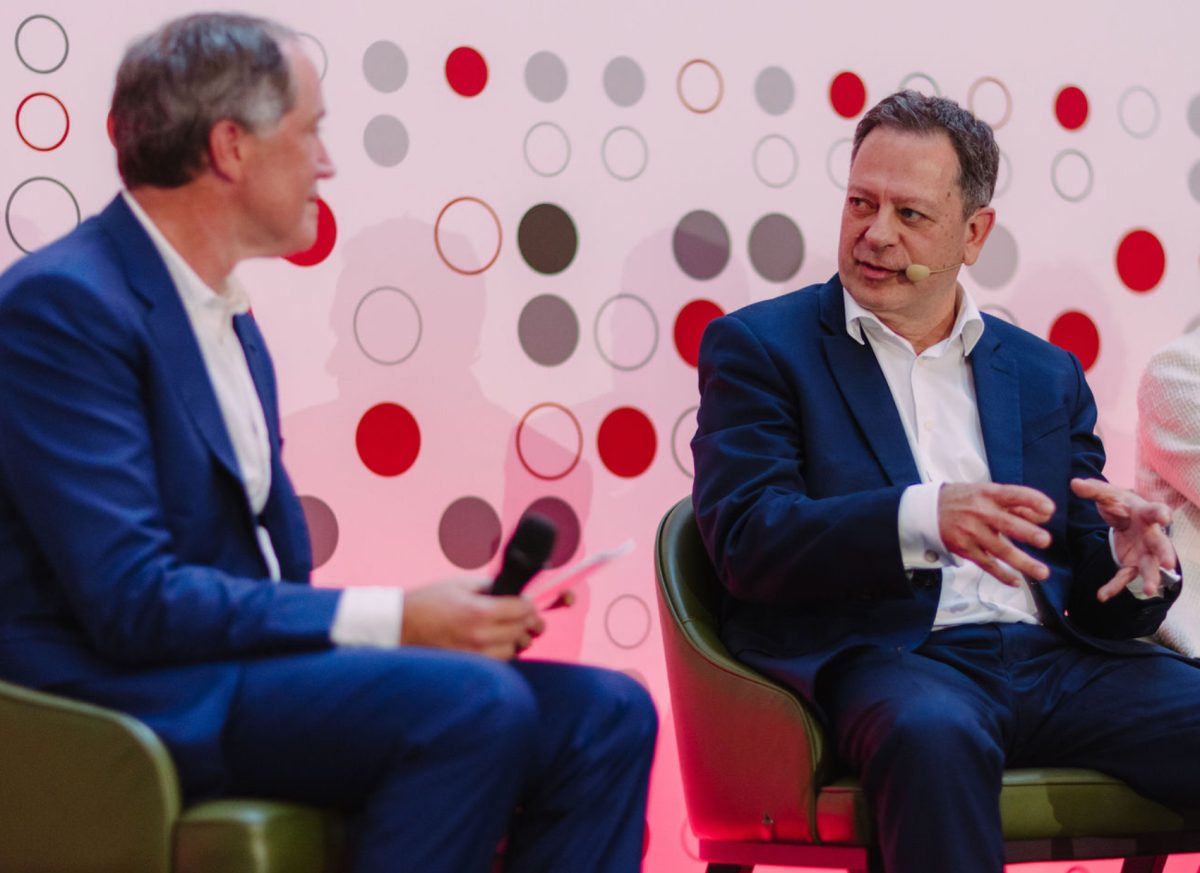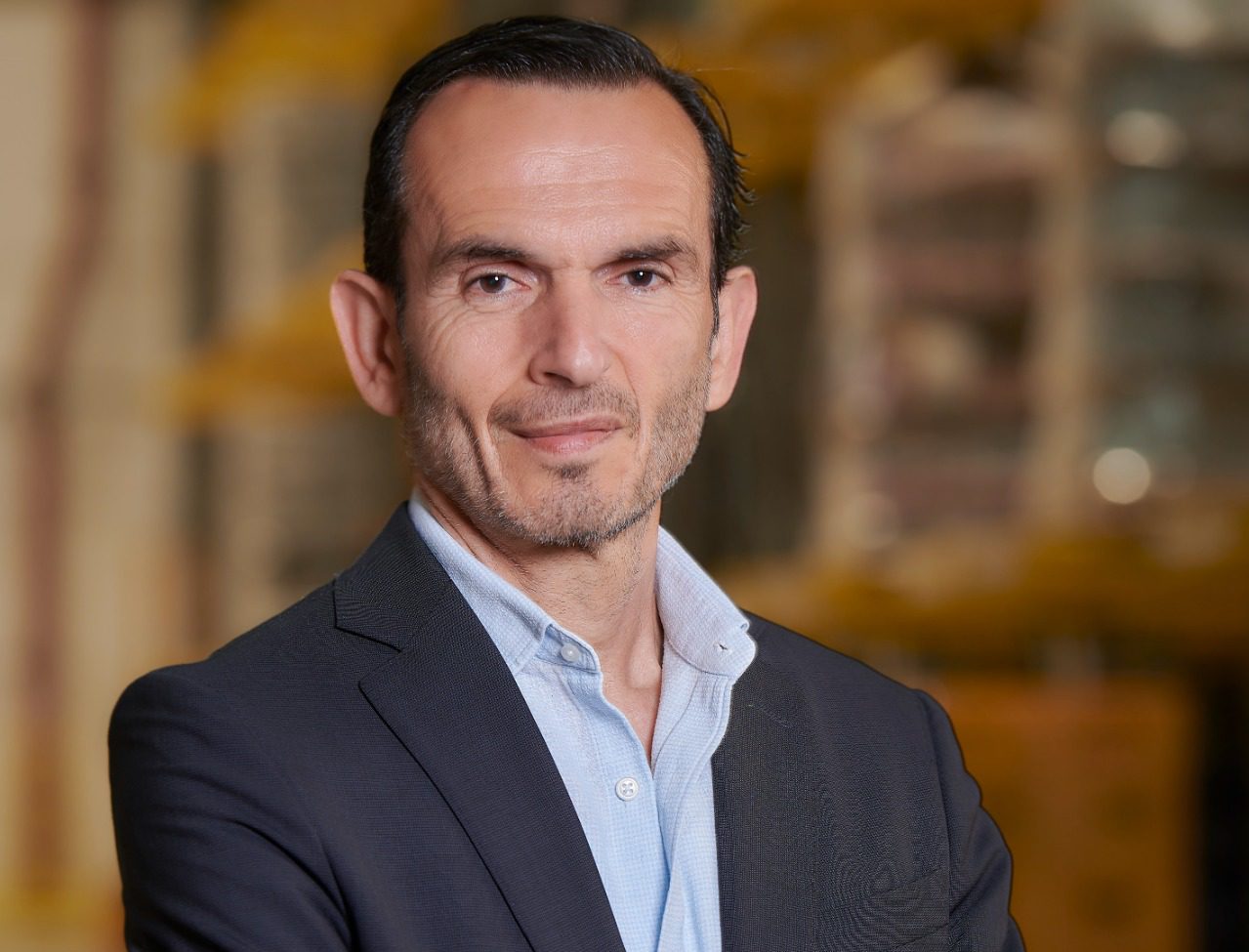In today’s complex and rapidly shifting global landscape, business leaders may find themselves questioning whether they should engage with the wider social and political environment – especially on platforms like LinkedIn.
For Ed Muscat Azzopardi, Director of Brand Strategy, the answer is clear: “LinkedIn isn’t a place to get political. But isn’t everything political?”
In a reflective and thought-provoking post shared with his LinkedIn network, he highlighted how the world order is undergoing a seismic shift, one that has been building for decades but is now accelerating before our very eyes. Whether or not we are directly involved, it’s a reality leaders cannot afford to ignore. “Whichever side we’re on, no matter what we’ve understood of these shifts, and regardless of whether we’re directly involved or not, it is a lot to grapple with,” he noted.
Yet, despite the scale of these changes, Mr Muscat Azzopardi believes that leaders are not powerless. Instead, they have the ability – and perhaps the responsibility – to shape the micro-environments they influence every day. “We might not be able to control the global narrative but we all have a job to do, a workplace to spend time at, colleagues and clients to interact with. And there lies our sphere of influence, our ability to in a small way take control of our actions,” he said.
A time to make things count
For him, this is not a time to retreat into the comfort of business-as-usual, but rather an opportunity for leaders to lean into the frustration and uncertainty and channel it into meaningful, positive action. Organisations, he argued, have an opportunity – even an obligation – to transform themselves into forces for good.
He urged leaders to go beyond their organisations’ core functions and products, and instead reflect deeply on how their businesses operate, how they engage with their people, and how they show up in society. As Mr Muscat Azzopardi put it, leaders should ask themselves:
“Can we be thinking in terms of abundance for the people around us – our team, our clients, our stakeholders – instead of being constrained by the more myopic view that is scarcity?”
He also called on leaders to critically assess how inclusive their organisations truly are, encouraging a global and multicultural mindset within their teams. Another key question he posed was:
“Are we prioritising our team or our bottom line? Thinking of the team first will, indirectly and sustainably, increase our bottom line somewhere down the line. Have we built a financial buffer that will allow us to make this essential shift in perspective?”
These are just some of the fundamental questions he believes leaders need to ask themselves in order to “tune” their organisations into structures they can look back on with pride.
Resisting binary thinking
Importantly, his message wasn’t just directed at how leaders operate internally. He also warned against the dangers of binary thinking when interpreting global events – particularly the temptation to adopt an anti-American stance in response to actions by certain leaders or companies.
“For those of us outside the US, we are being faced with a lot of anti-American sentiment. Resist the temptation to succumb to it. We should be smarter and take a more respectful and nuanced view,” he wrote.
Rather than writing off an entire nation, he encouraged leaders to distinguish between individuals and institutions – and to make values-based consumer choices where possible. “If you disagree with Bezos (like I do), then don’t use Amazon. But if Apple gave the finger to anti-DEI measures, then buy yourself an iPhone when your phone stops working,” he advised.
This more considered, analytical approach to leadership decision-making not only benefits businesses themselves but also helps reduce the anxiety that binary thinking imposes on employees. By modelling nuanced thinking, Mr Muscat Azzopardi believes leaders can demonstrate that there is always a better way, creating a more thoughtful, balanced and resilient organisational culture.
Ultimately, he concluded, perhaps LinkedIn is exactly the right place to be political – provided that leaders use it wisely. “As with every tool it is up to us to use it wisely,” he wrote, leaving fellow leaders with the clear message that, like it or not, politics permeates every aspect of leadership.
Featured Image:
Ed Muscat Azzopardi / LinkedIn
Kyte Global supports companies in achieving DORA and MiCA compliance following their release
With new EU regulations on digital resilience and crypto-assets set to take effect in 2025, Kyte Global is supporting organisations ...
Corinthia Group Managing Director and CEO recognised with international award
Simon Naudi was awarded the Exceptional Contribution CEO Award from Global Hotel Alliance.
Alexander Fenech takes on strategy role at Brown’s as Tiziana Ceci named CEO
The pharmacy chain also announced the addition of two independent directors to its board.
New distribution centre to give spun-off food business ‘marked advantage’ – Farsons CEO
The centre is set for completion in 2026.


